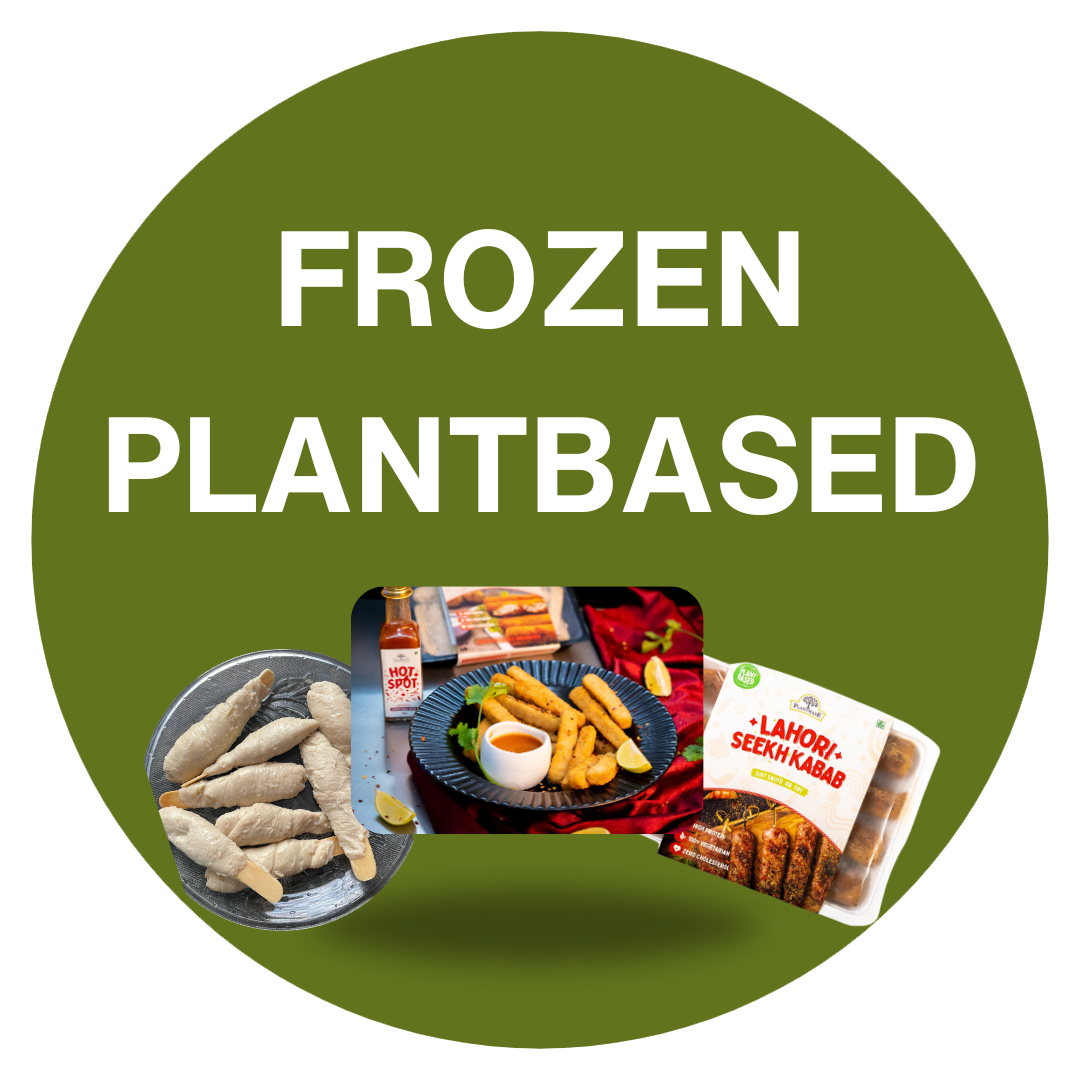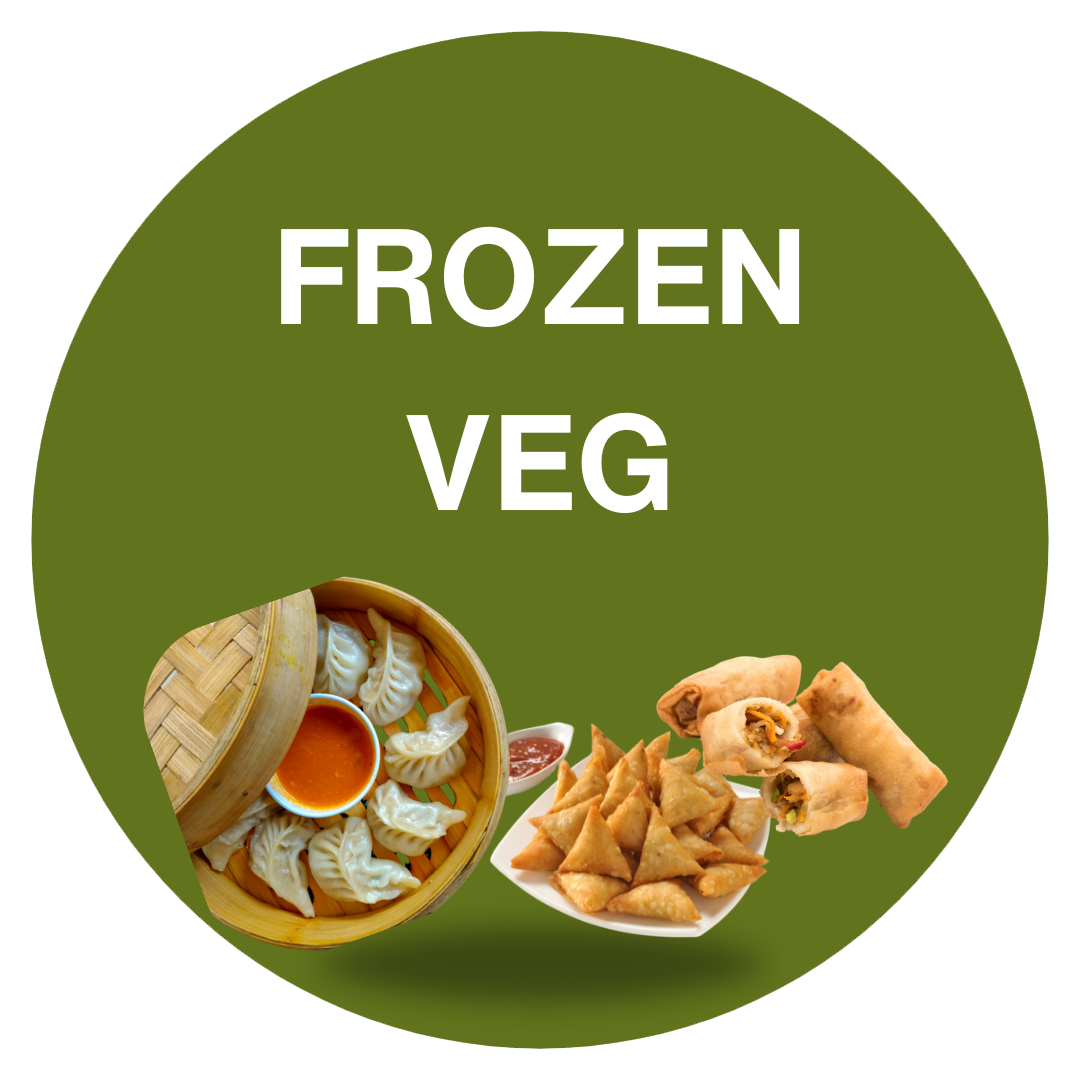Looking for a mouthwatering solution to curb your cravings? Discover a delightful treat that not only satisfies your sweet tooth but is also a versatile ingredient in both food and drinks. Still guessing the ingredient? Well, it’s none other than “Honey”, something sweeter your life needs every moment.
“Well, honey is something that almost everyone consumes”- general viewers' statement.
I would like to oppose the notion. Of course not. Since honey is not vegan-friendly, the vegan community is opposed to using it in their diets.
The product that is most commonly mislabeled as vegan-friendly is definitely honey. Contrary to popular belief, honey bees do not produce honey specifically for humans. Bees produce honey for other bees, and when honey is gathered by humans, it may come at the expense of the health of the bees. Since honey is a bee product, it does not fit the vegan diet.
Is honey the new culprit behind rising temperatures? Join the discussion among vegans and uncover the truth about this controversial topic.
Understanding the Debate- Is honey Vegan?
As a way of thinking and living, veganism promotes treating animals with compassion and avoiding the use of them for human consumption. The fundamental tenets of veganism place a high value on sustainability and compassion, encouraging people to choose cruelty-free products and to adopt a more morally and environmentally conscious way of living. If we are to think from a business point of view, bees are misused to generate profits. The controversy over including honey in a vegan diet is always debatable.
1.From the perspective of commercial beekeeping, honey is viewed as a typical practice, similar to industrialized farming of fish, pigs, cows, and chickens. Most people would also agree that honey is vegan.
2.From the perspective of local beekeeping, the answer to this becomes a little bit complicated.
3.From the perspective of natural beekeeping, honey is recognized as a powerful pollinator that supports local ecosystems and plants. It is also utilized in crop production and offers a host of health advantages, such as antifungal and antioxidant effects, wound healing, sore throat relief, and improved digestion.
From the vegan point of view, there are various activities rather than producing honey. Coming to the worker bees ,they are the heavy lifters of the colony. They perform everything from cleaning, feeding, security duties, collecting water and searching for nectar.
Suppose there’s an instance where, being the sole breadwinner in your family and diligently dedicating 50–60 hours per week to your work, one cannot help but wonder: What fuels your unwavering commitment and passion? The answer is as clear as water- “survival”
Now that you're making enough money to support your family, what would happen if someone stole your money without your consent? How would that make you feel? Pathetic,terrible, that feeling is inexpressible!
Now I want you to think the same from the bee’s point of view, put yourself in their position and think again.They are also doing the same by gathering honey for their families. Being homo sapiens, we are seeing it for our benefit rather than seeing it from the bee’s perspective.

Why are some vegans okay with consuming Honey?
As for the interaction between bees and a lot of plant-based meals, some vegans believe that eating honey is in line with their vegan principles.
1.Some of them believe that bees can’t be categorized as animals. Some people believe that consuming meat, fish, and other animal products is all that vegans forego.
2.The purpose of bees is to benefit the environment. They serve as pollinators because plants are unable to produce seeds, fruits, or blooms without them.
3.Some vegans consume honey because they think bees create more than they actually need. This is another explanation. Thus, if a large portion of the honey is removed from the hives, the bees will not lose their food supply.
Why are some vegans not okay with consuming Honey?
According to vegans, bee labour in the making of honey is animal exploitation, even if bees are not ultimately killed like cows or chickens are in the case of dairy or eggs. Bees are raised, purchased, and traded just like big animals are.
1.Some vegans are concerned with the decrease rate in bee population. There’s a condition known as colony collapse disorder (CCD) affects honeybee colonies and is typified by an abrupt mortality of the colony along with a dearth of adult bees that are healthy inside the hive.
2.For some vegans, bees are exploited in the production of honey. The majority of honey is produced industrially by businesses that oversee sizable colonies of honeybees in order to maximise profit.
3.Some vegans believe they are hampering the environment in some way.In order to pollinate crops when they are in bloom, honey producers frequently move reputable source bee colonies over great distances. Millions of domesticated bees swarm wild pollinators over several months, raising the risk of parasite and disease transmission.

Is there any vegan alternative for Honey?
Just like making Maggi noodles takes no more than two minutes, there is a quick, immediate answer for every issue. Some of the alternatives you can include in your diet are-
1.Maple syrup
2.Date Syrup
3.Rice Malt Syrup
4.Coconut Nectar
5.Agave Nectar
6.Molasses
7.Vegan Honey
8.Barley Malt Syrup
9.Golden Syrup
10.Brown Rice Syrup
The complex link that exists between bee welfare preservation, sustainability, and veganism highlights these points. Now that you are clear why honey is not vegan, are there any reasons to consume honey? Well the choice is yours which approach you will move towards. Well some people choose to live a vegan lifestyle because of moral values, principles and environmental concerns. There are others who choose not to intake animal based products because of health related issues.
Now, Looking for a Sweet Change? Sweeten up your life with the plant-made substitutes brought to you by “PlantMade” that you are missing out on. They prioritise offering the greatest alternatives while maintaining their mouthwatering flavour and environmental considerations. They are also quite addicting; once you embark on a vegan path with them, there is no going back. They never let you down and are the greatest in their respective fields.



